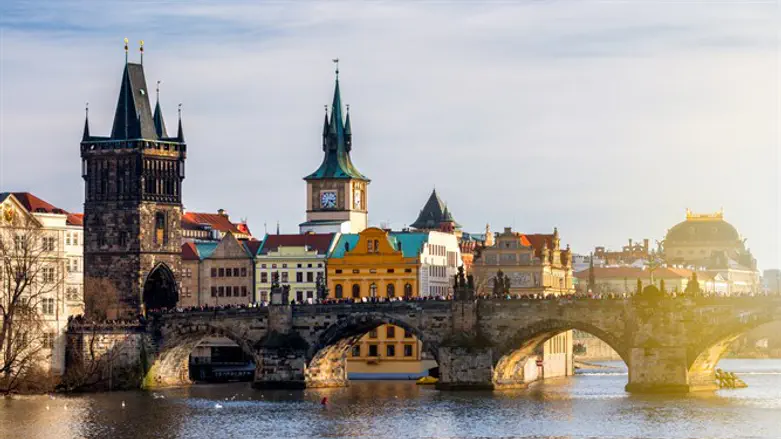
20.000 soldiers and 2.000 vehicles of the Warsaw Pact were deployed, an army from Bulgaria, Hungary, Poland and the Soviet Union, all to destroy the true and only 1968 of freedom, that “Prague Spring” whose anniversary we celebrated last week It is a well known story:
Leader Alexander Dubcek who was tormented, the most competitive Communist economy which was arrested, the tanks in Wenceslas Square which were 'welcomed' by the angry people, a hard repression launched in the most sumptuous and ghostly palaces of Europe, the students who changed street names to mislead the secret police, the marriage of socialism and freedom that were declared void.
Then here are Jan Palach who set himself on fire and threw his own body in the face of the invader, the writer Milan Kundera who disappeared in his Parisian exile, the philosopher Jan Patocka who became a non-person, Václav Havel who tried to create a revot. The intelligentsia fell into sterility. Where the ideas and debates before fermented, silence prevailed and orthodoxy was consolidated. The small mediocre Communist officials exerted pressure and punished the rebels, forcing them to manual labor. The mass media suffered impressive purges.
50 years have passed, the Iron Curtain has fallen, Prague is beautiful today, Kundera is a master of letters and Havel a moral example.
But the “Prague Spring” was also the story of Western betrayal. Because nobody would risk another war for that “far away country, between people of whom we know nothing”, as Neville Chamberlain had called Czechoslovakia at the unfortunate Munich Conference of 1938. “Our hearts twinged when my cousin asked in despair: 'Do you think the West will ever come to rescue us?'”, wrote John Tusa. The West didn't come.
Not only. Since then, betrayal has become the Western modus operandi for any ally, from the Israeli Jews holding the Western frontline against the tsunami of Islamic fundamentalism to the Kurds fighting ISIS.
50 years after that spring, are we sure that the European culture today still loves its freedoms? Or isn't Europe marching toward another kind of unconditional surrender?